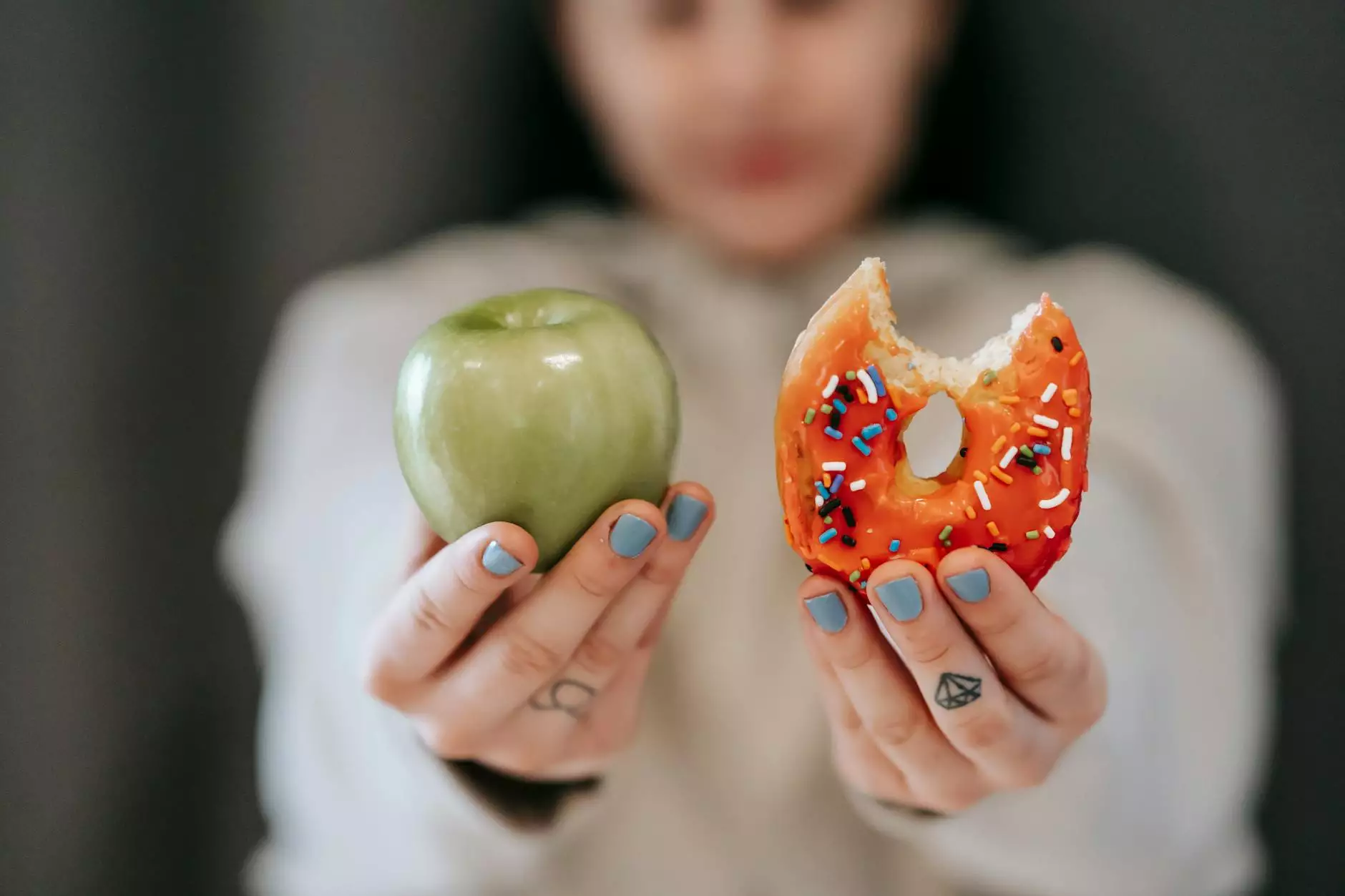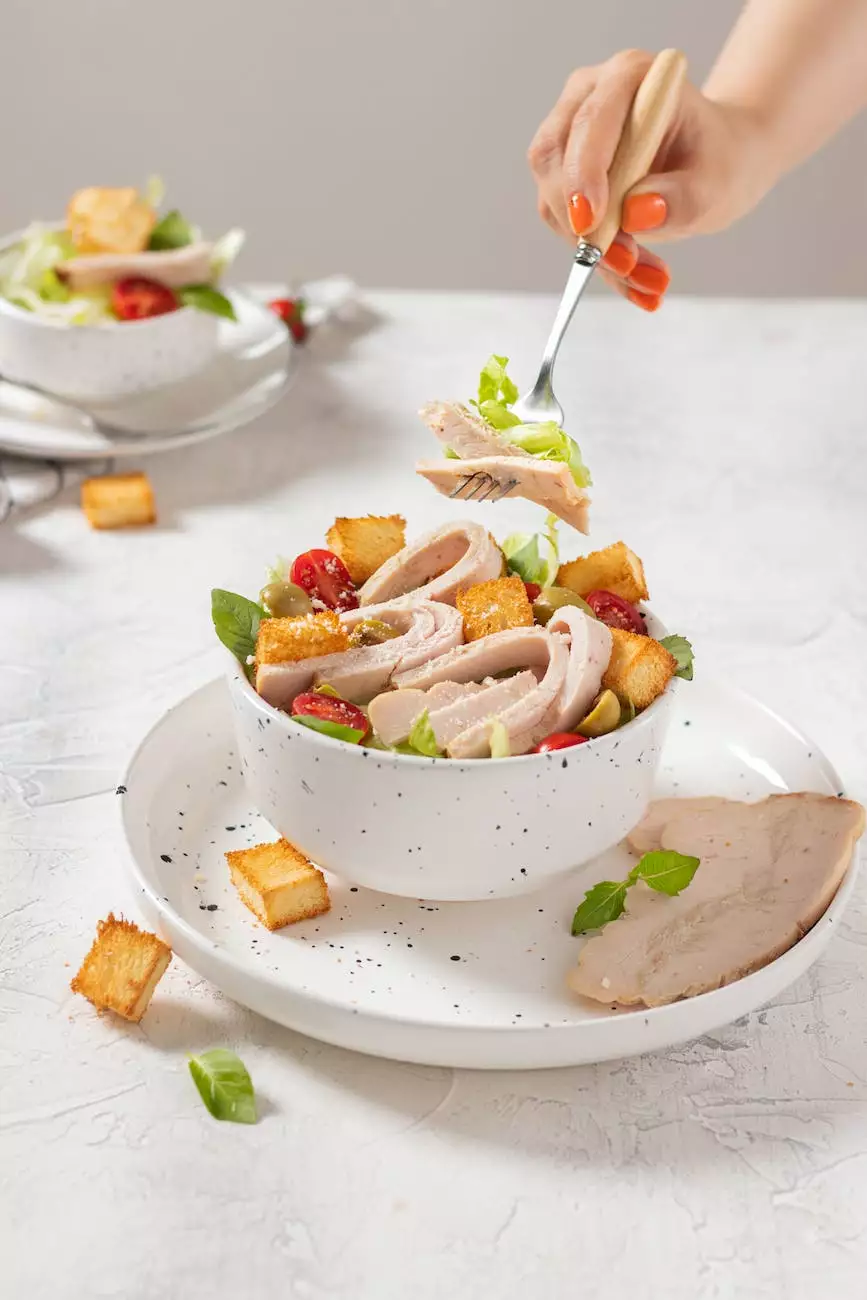Chronic Pain: What to Eat and What to Avoid
Blog
Introduction
Welcome to Five Stars Personal Injury, the leading source of information on chronic pain management. In this comprehensive guide, you will find valuable advice and insights regarding what foods you should eat and what foods to avoid if you suffer from chronic pain.
The Role of Nutrition in Chronic Pain Management
Proper nutrition plays a crucial role in managing chronic pain. While there is no one-size-fits-all approach, making smart choices about what you eat can significantly impact your pain levels and overall well-being. Let's dive deeper into the foods you should incorporate into your diet and the ones you should avoid.
Foods to Eat for Chronic Pain Relief
1. Omega-3 Fatty Acids: Incorporating foods rich in omega-3 fatty acids, such as salmon, mackerel, and chia seeds, can help reduce inflammation and alleviate pain.
2. Turmeric: This vibrant spice contains a compound called curcumin, known for its anti-inflammatory properties. Consider adding turmeric to your meals or consuming it in supplement form to help manage chronic pain.
3. Dark Leafy Greens: Spinach, kale, and collard greens are packed with essential nutrients that promote overall health and have anti-inflammatory effects.
4. Berries: Blueberries, strawberries, and raspberries are rich in antioxidants, which can help combat oxidative stress and reduce pain levels.
5. Ginger: Known for its potent anti-inflammatory and analgesic properties, ginger can be steeped in hot water to make a comforting tea or added to dishes for its flavorful benefits.
Foods to Avoid for Chronic Pain Management
1. Processed Foods: Highly processed foods often contain additives and preservatives that can trigger inflammation and worsen pain levels. Limit your intake of processed snacks, fast foods, and sugary beverages.
2. Artificial Sweeteners: While they may seem like a healthier alternative, artificial sweeteners can actually exacerbate inflammation and pain. Opt for natural sweeteners like honey or maple syrup instead.
3. Fried Foods: Deep-fried foods are often high in unhealthy fats that can contribute to inflammation. Choose healthier cooking methods like baking, grilling, or steaming.
4. Gluten: For individuals with gluten sensitivity or celiac disease, avoiding gluten-containing grains like wheat, barley, and rye may help alleviate chronic pain symptoms.
5. Alcohol and Caffeine: Both alcohol and caffeine can disrupt sleep patterns and intensify pain perception. Limit your intake of alcoholic beverages and monitor your caffeine consumption.
Incorporating Healthy Habits
In addition to following a pain-relieving diet, it's crucial to establish a few healthy habits that can further support your overall well-being:
Stay Hydrated
Drinking an adequate amount of water throughout the day helps maintain proper bodily functions and can alleviate certain types of chronic pain.
Regular Exercise
Engaging in regular physical activity, tailored to your abilities and preferences, can help reduce pain levels and strengthen your muscles, leading to better pain management overall.
Manage Stress
Stress can exacerbate chronic pain symptoms. Find healthy coping mechanisms that work for you, such as meditation, deep breathing exercises, or engaging in hobbies that bring you joy.
Conclusion
By making strategic choices about your diet and incorporating healthy habits into your lifestyle, you can take significant steps towards managing chronic pain. Remember, everybody is unique, so consult with a healthcare professional or registered dietitian to create a tailored plan that suits your specific needs.
Take control of your chronic pain today with Five Stars Personal Injury's expert advice on nutrition and lifestyle modifications. Start making positive changes to improve your well-being and reduce pain.










